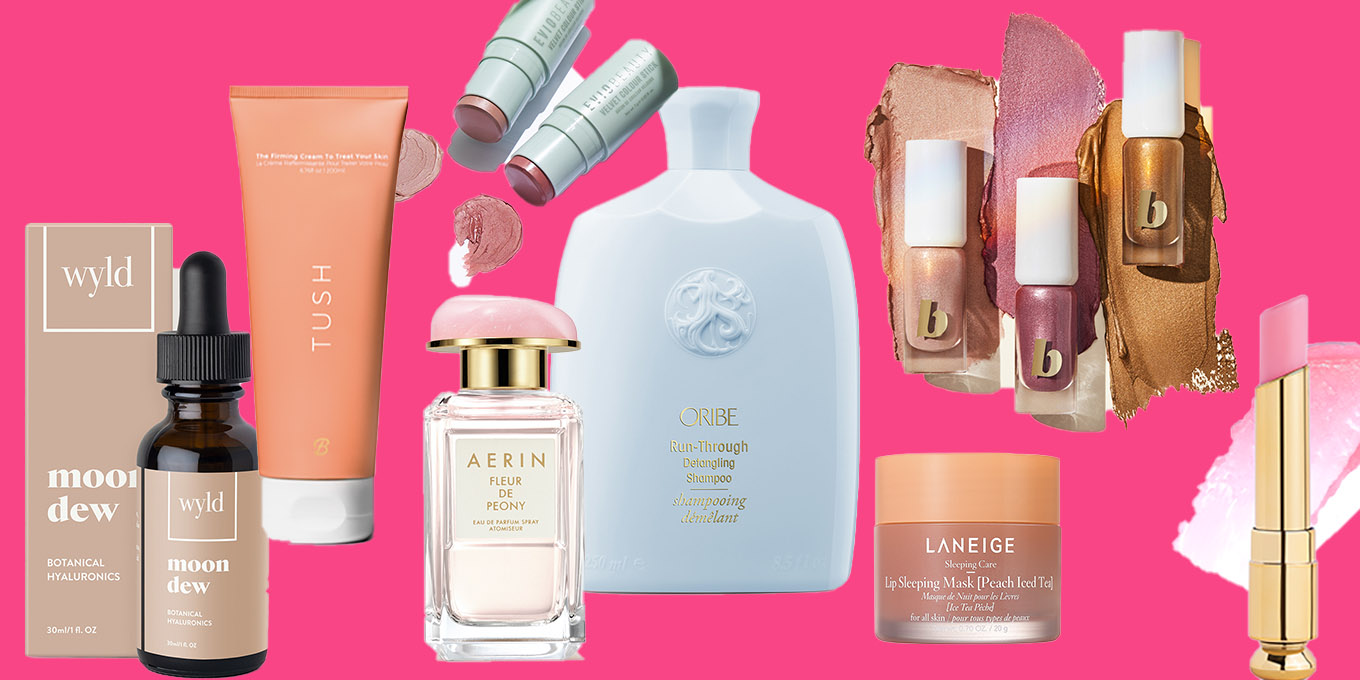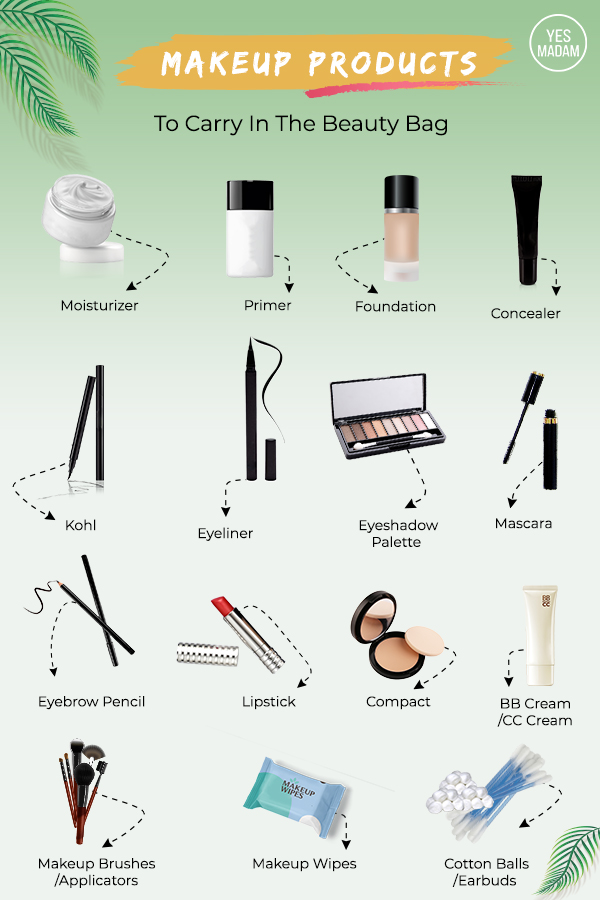Why Cruelty-Free Beauty Is the Future of Cosmetics and Self-Care
Why Cruelty-Free Beauty Is the Future of Cosmetics and Self-Care
Blog Article
Why Cruelty-Free Beauty Products Are the Future of Skincare and Cosmetics
The shift towards cruelty-free beauty items is not just a pattern; it reflects a significant makeover in consumer worths and industry techniques. The implications of this change extend past consumer preferences, elevating concerns concerning the future of regulative criteria and brand honesty.
Growing Customer Awareness
The expanding consumer recognition surrounding cruelty-free elegance products mirrors a considerable change in social values towards moral usage. As people increasingly prioritize the well-being of animals and seek to make educated acquiring decisions, the demand for items that are not tested on animals has actually risen. This increased recognition is driven by a combination of aspects, consisting of the increase of electronic platforms that assist in knowledge sharing, better transparency from brands, and campaigning for campaigns that highlight the honest implications of typical testing techniques.
Customers are now a lot more complete than ever before to research study and recognize cruelty-free brands, causing an extra discerning market. The spreading of certification logos and standardized labeling has actually also added to this shift, enabling customers to choose aligned with their worths easily. Younger generations, particularly millennials and Gen Z, are leading the charge, often opting for brands that embody their ethical position. This social improvement not only influences individual purchasing behavior but additionally stress business to embrace cruelty-free techniques to remain affordable. As recognition remains to expand, the charm industry deals with a critical to adjust, ensuring that honest considerations become indispensable to item growth and advertising approaches.
Moral Considerations in Appeal
Ethical considerations in charm extend beyond the world of pet well-being, incorporating a wider range of social and environmental influences. Consumers are increasingly inspecting the sourcing of ingredients, labor methods, and the eco-friendly footprint of elegance products. Brands that focus on ethical methods frequently make use of sustainably sourced materials, lowering their environmental effect while sustaining fair trade efforts.
In addition, the appeal market has a considerable influence on global labor markets, particularly in establishing countries where lots of active ingredients are sourced. Moral brand names support for fair labor techniques, making sure that employees get reasonable incomes and safe working problems. This dedication to social obligation not just enhances the lives of those involved in the manufacturing procedure but additionally reverberates with customers who value openness and honesty.
Furthermore, the environmental impact of packaging and manufacturing approaches can not be overlooked. Brand names are progressively taking on eco-friendly packaging remedies and lessening waste, lining up with an expanding consumer need for sustainability. By attending to these ethical considerations, elegance brands can promote a more conscientious sector that values both individuals and the planet, leading the means for a future where responsible techniques are the standard as opposed to the exception.

The Effect On Brand Name Loyalty
Customer loyalty to elegance brands is progressively affected by ethical methods, specifically in the world of cruelty-free and sustainable items. cruelty-free beauty. As consumers come to be more socially conscious, their purchasing choices are often guided by the ethical effects of the items they choose. Brand names that prioritize cruelty-free techniques not only appeal to this expanding market but also promote a sense of trust fund and integrity among their consumer base

In addition, the transparency bordering cruelty-free accreditations enhances customer confidence in the brand name's commitment to ethical practices. This transparency can produce an emotional link between the customer and the brand name, more strengthening loyalty. In a period where brand name online reputation is progressively looked at, the dedication to cruelty-free methods is not just a trend however a considerable consider long-lasting brand name loyalty.
Advancements in Cruelty-Free Formulations
As brand loyalty progressively hinges on ethical techniques, companies are reacting with ingenious strategies to cruelty-free formulations. The sector is experiencing a rise in the development of alternatives to animal testing, making use of advanced modern technologies such as in vitro screening and computer system modeling. These techniques not just meet honest criteria but likewise increase item growth timelines.
Additionally, many brands are taking advantage of the power of all-natural active ingredients that are both efficient and lasting. Plant-based essences, bioengineered substances, and morally sourced materials are acquiring grip, attracting ecologically conscious customers. Technologies in conservation strategies, such look at this now as using natural preservatives, enhance item longevity without compromising cruelty-free integrity.
Brands are also buying clear sourcing methods, permitting customers to map the origin of components. This transparency fosters count on and equips customers to make informed selections. Additionally, collaborations with non-profit companies and cruelty-free accreditations are coming to be more typical, signaling a dedication to ethical techniques.
As the need for cruelty-free products proceeds to increase, these technologies not just redefine market requirements but additionally add to a more gentle future for charm and skincare. The dedication to moral formulas is improving consumer assumptions and driving the marketplace towards greater responsibility.
The Future of Regulatory Standards
The landscape of regulative standards for cruelty-free elegance products is developing swiftly in feedback to growing consumer need for transparency and moral methods. As customers increasingly prioritize humane therapy of animals in product growth, regulative bodies are being advised to establish clearer guidelines and accreditations that delineate what constitutes cruelty-free.
Present policies differ extensively by area, producing confusion among consumers and producers alike. cruelty-free beauty. In the future, we can expect an approach standardized meanings and criteria, potentially bring about a merged global structure. This would not just boost consumer count on but likewise motivate much more brands to embrace cruelty-free techniques
Moreover, improvements in innovation, such as alternate testing techniques and in vitro designs, are most likely to influence governing standards. These technologies can lead the way for more strict needs that focus on gentle techniques without compromising item safety or effectiveness.
The collaboration between industry stakeholders, campaigning for groups, and regulative authorities will be vital in forming these standards. By fostering dialogue and establishing natural policies, the beauty sector can make certain that cruelty-free practices become an important part of its ethical landscape, inevitably profiting consumers, animals, and the atmosphere.
Final Thought
Increasing consumer awareness and honest considerations drive brand names to adopt gentle practices, cultivating higher brand loyalty. Eventually, the commitment to cruelty-free practices is crucial for brands seeking to thrive in an affordable market, as it resonates deeply with the values of contemporary consumers.
Report this page